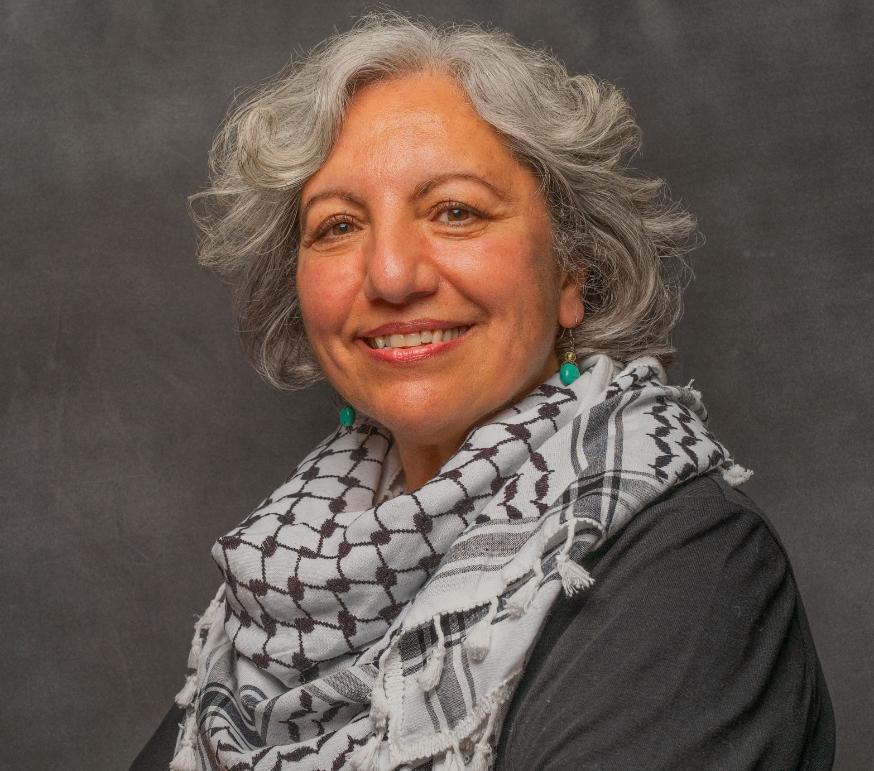
These scenes are adapted from a Facebook post in Gaza, translated from Arabic. Although they offer only a snapshot of Arab society, they reflect common perceptions of male and female roles and the unfair treatment of Arab girls and women that often results. While social and religious norms are largely to blame, so is the Israeli occupation and tight Egyptian border controls. If Gazans were allowed to mix with more cultures and points of view, the society would be less insular. Unfortunately, as the blockade continues, half of people with more tolerant mentalities are immigrating and the other half are dying.
Scene 1
Woman 1: I would like to invite you to my son’s wedding party.
Woman 2: But he is already married.
Woman 1: He got divorced, and now he is getting married.
Woman 2: Oh, cool! Congratulations!
***
Woman 1: We are looking for a suitable girl to marry our son and somebody told me about your daughter.
Woman 2: Welcome! Have a seat please.
Woman 1: Well, he told us that your daughter is well educated and beautiful. I wonder, why is she is still single?
Woman 2: Actually, she is divorced.
Woman 1: Oops! I think I should leave now. I hope she will find a good husband soon. Bye!
Note: Many marriages in Gaza continue to be arranged by the parents. If a woman is divorced, most men would not consider her unless they are widowed or need a second wife (which is acceptable in Islam in certain circumstances).
Scene 2
Man 1: My son is not married yet.
Man 2: Then he is still single and has many opportunities, God bless him.
Man 1: And my daughter is not married yet either.
Man 2: Oh no! She is getting old and might end up being an old maid.
Scene 3
What is the age difference between the new husband and his wife?
Woman 1: She is 20 years younger.
Woman 2: Good! He can teach her his values. God bless them.
What is the age difference between the new wife and her husband?
Woman 1: She is a year older than him.
Woman 2: Hmmm… She’ll must have practiced some mind tricks to snare him!

Scene 4
Man 1: I am a 30-year-old, single man.
Man 2: You are in the prime of your life.
Woman 1: I am a 30-year-old, single woman.
Woman 2: How sad! It’s too late now to get married and have a family.
Scene 5
Man 1: Your son has a girlfriend!
Man 2: Yes, but let him be. He is young and this is when he should be experimenting and learning.
Man 1: Your daughter has a boyfriend!
Man 2: What?! She has no shame. I am going to kill her!
Note: In Gaza’s conservative society, dating is not socially acceptable. Men and women only can “date,” as defined by the West, once they are engaged. Although the threat above is likely just words said in anger, honor killings are not unknown. In 2014, two teenage Palestinian girls were killed by family members when they were suspected of "immoral sexual conduct."
Scene 6
Son: Dad, I want to take a walk.
Dad: But it’s 1 a.m.
Son: I know, Dad.
Dad: Ok. Take care, habibi!
Daughter: Dad, can I take a walk with my friend?
Dad: Now? It’s 4 p.m. habibti. Wait for your brother to get home, so he can take you to the supermarket. You will have fun with him.
Note: Habibi/habibti is an Arabic term of endearment, and literally means "my love."
Scene 7
Brother to his sister: Suzan! Wait!
Mother to her son: Shhh. Don’t call your sister by her name in the street! People will find out what her name is. You should say “hey!” or “you!” or “girl!”
Note: In more conservative families in Gaza, strangers are not allowed to know the names of their girls. Ask any Gazan and he/she will recall a time when he received a wedding invitation on which the bride's name appears only as the first initial. Likewise, many males keep the name their mom's (or even their wife’s or sister’s) names secret. If a Gazan man wants to truly provoke another, he simply says his mom's name.
Scene 8
Father to his daughter: Hey! Go bring me a cup of water, then do the laundry. But first, get the remote control for me and a cup of juice for your brother.
Scene 9
Mother: Your husband will make your dreams come true. Stop being demanding!
Daughter: (Thinking, “As if I couldn’t achieve anything before I married him….”)
Scene 10
Woman 1: It’s wonderful you are pregnant! What is the sex of your baby?
Woman 2: I’m having a girl.
Woman 1: Oh…too bad. It would be better if it were a boy.











